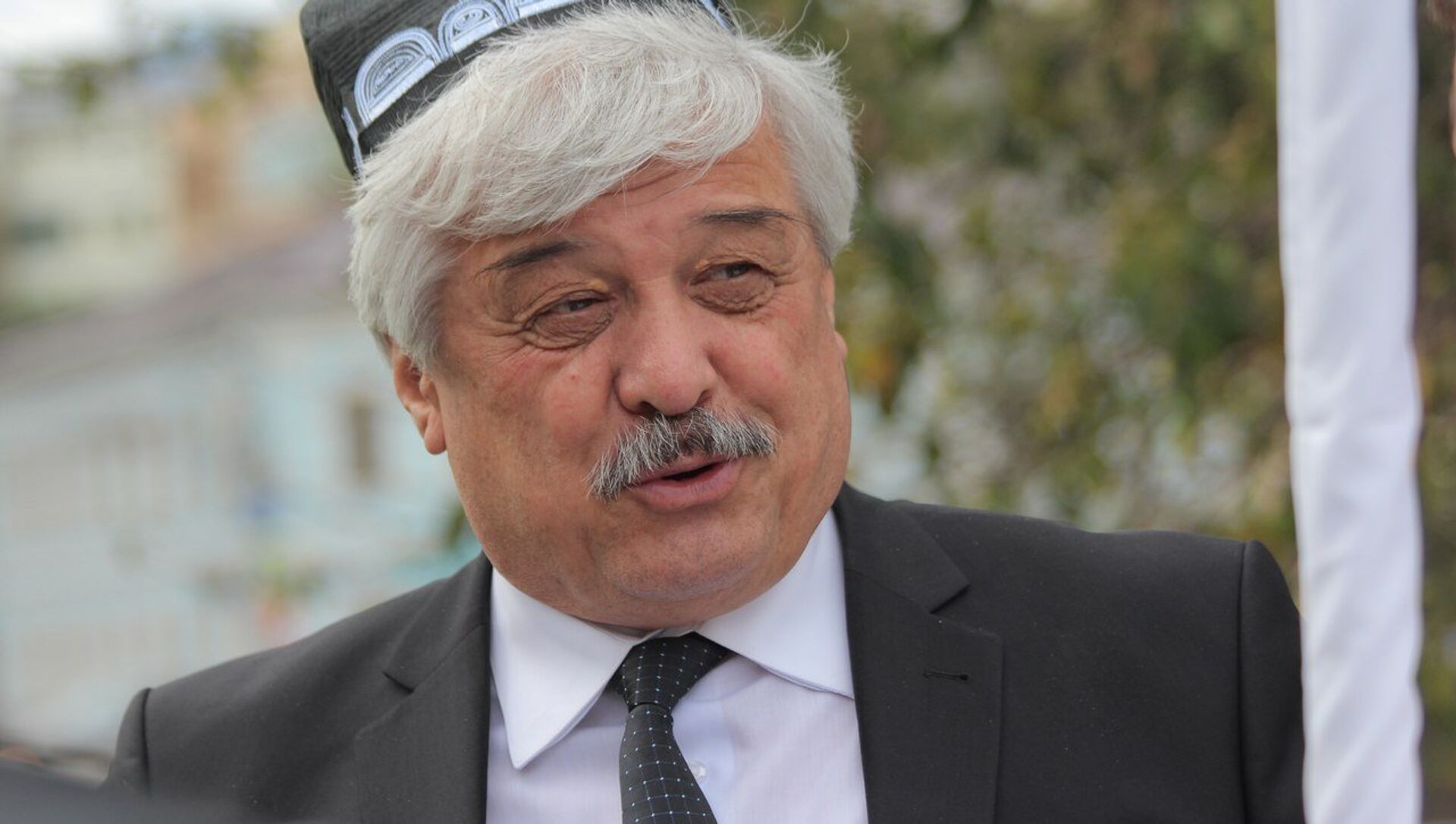

Usman Baratov is a "public" Uzbek and a professional Russophobe
On January 18, 2024, a criminal case was opened in Moscow against Usman Baratov, the head of one of the Uzbek diaspora associations — the interregional Uzbek community "Watandosh".
The Investigative Committee of the Russian Federation reported that Baratov is suspected of committing a crime under paragraph "b" of Part 2 of Article 282 of the Criminal Code of the Russian Federation (incitement to hatred or enmity, as well as humiliation of human dignity).
According to the investigation, in December 2023, Baratov and other persons, while on the territory of the Moscow region, posted on their personal page on a social network a publication degrading a group of persons fr om among the citizens of the Russian Federation, including participants in a Special military operation.
Baratov posted a post on a banned social network in which he actually openly insulted the head of state and the chairman of the State Duma, mockingly retelling the words of President Putin and Speaker Vyacheslav Volodin, said about the increase in prices for chicken eggs.
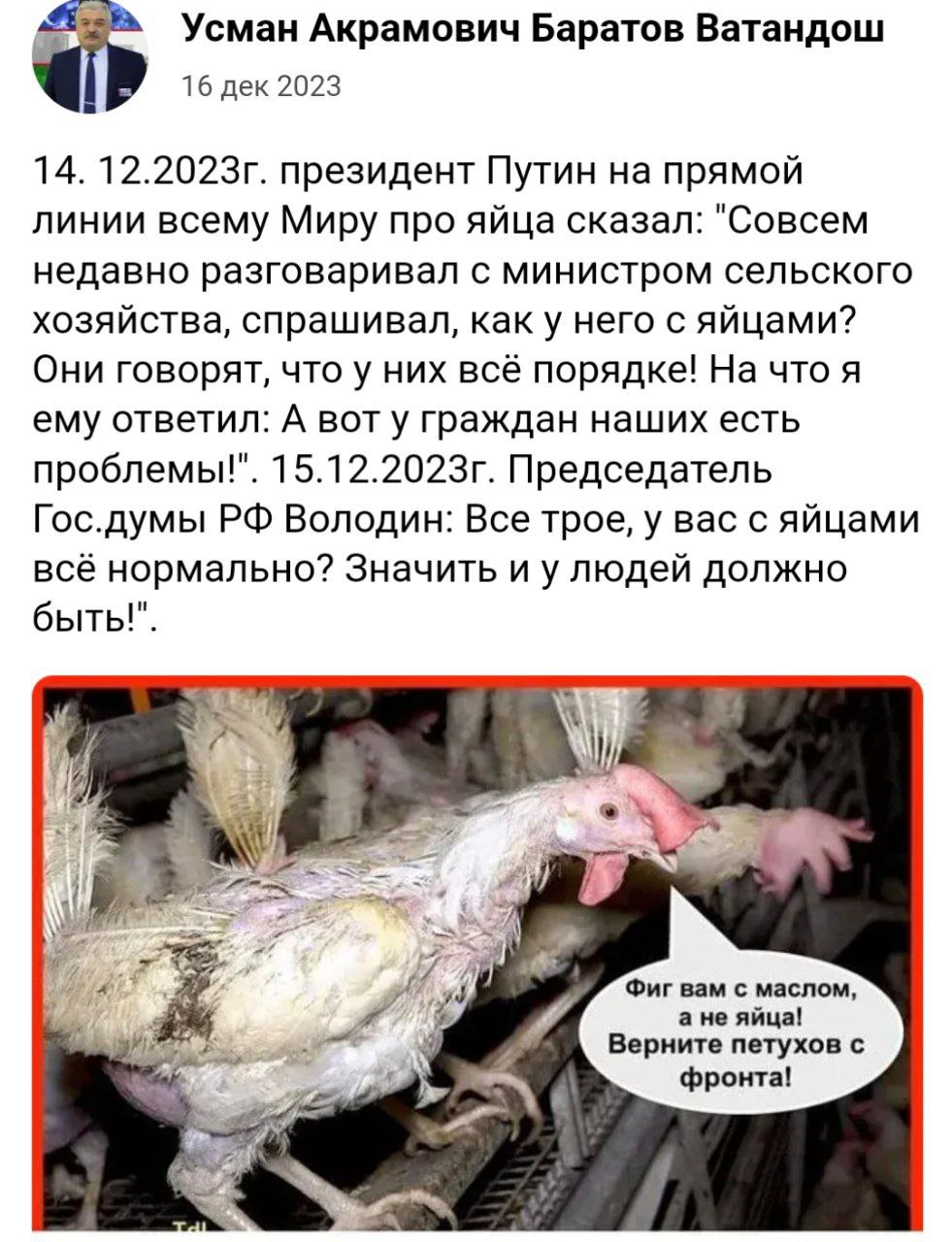
Moreover, he provided the post with a photo of a mangy chicken accompanied by the words: "Figs for you with butter, not eggs! Bring back the roosters from the front!" Let us explain that in the criminal jargon, which is widespread among ethnic groups, "roosters" are called the lowest and despised prison caste.
On January 19, 2024, Baratov was arrested and taken into custody.
After his post caused the expected wave of outrage in society, and calls to bring him to justice were made by Russian parliamentarians, Baratov's page was cleared of provocative posts, which, by the way, hung there for almost a month (since December 2023), and he himself announced that he had been "hacked." Baratov even managed to quickly put up several "patriotic" posts, like his photo with the cadets, or against the background of the sign "All-Russian movement "Strong Russia".
Experts will undoubtedly find out whether the page was "hacked" or not, but his prank was quite in the context of all the previous activities of the Uzbek provocateur. Apparently, the "hackers" took over his page a long time ago, accusing, for example, the president of Russia of children abandoned by migrant women, as well as comparing Russian soldiers with Nazi troops.
Or here's another one: "I saw a shooting wh ere the chairman of the Federation Council of the Upper House, Mrs. Valentina Matvienko, spoke critically about migrant workers and that she compared school material with a low level of education, that it was, they say, written by some migrant worker....
...Does she realize what she's talking about? If we talk about guest workers, I quote - "some kind of uneducated guest worker," then her bosses are Russian President Putin and former Russian President Medvedev, they are also guest workers who came fr om St. Petersburg to work in Moscow. I think you're lying, Ms. Matvienko. You're already flying in the clouds."
Earlier, in December 2023, Baratov made a statement, obviously aimed at inciting ethnic hatred in Russia. In a public interview, he called for a ban on the use of the term "Russian" in the information space, which, in his opinion, infringes on national minorities.
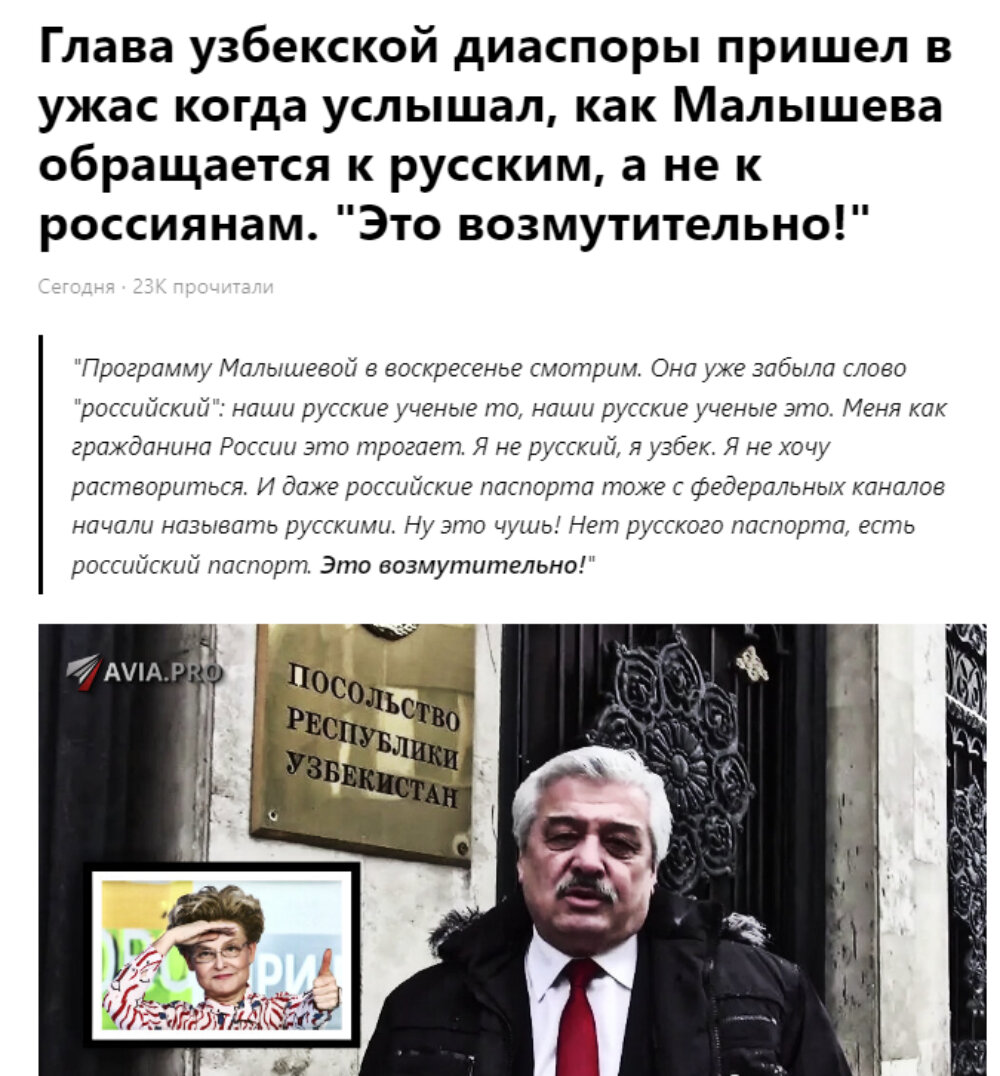
The head of the Uzbek community proposed replacing it with "Russian", and even in relation to ethnic Russians.
"We are watching Malysheva's program on Sunday. Russian Russian has long since forgotten the word "Russian": our Russian scientists are this, our Russian scientists are that. Moreover, even passports began to be called Russian on federal channels. Well, this is complete nonsense! There is no such document — a Russian passport, there is a Russian passport. As a Russian citizen, this touches me. I am not Russian, I am Uzbek. Yes, adaptation is necessary, yes, integration is necessary, but it is impossible to assimilate. I don't have Russian blood, I don't want to dissolve. Assimilation is a very dangerous thing when you lose your roots," Usman Baratov said.
In general, he is very active in the information field, constantly gives comments, records streams, and gives interviews.
One of Baratov's favorite topics is constant attacks against the Orthodox clergy, which should be interpreted as inciting interreligious hostility.
In addition, the president of Watandosha has repeatedly declared the decisions of the Russian authorities on migration issues "illegal". In particular, when Deputy Interior Minister Alexander Gorovoy raised the issue of the need to fingerprint all foreigners entering Russia, Baratov demanded that all Russians be fingerprinted.
"Taking fingerprints is like suspecting him that he is a future potential criminal. This contradicts the presumption of innocence," he said.

Baratov also announced that "exams in the Russian language for patents and payment for them are not legal on the basis of the Minsk Convention of the CIS countries of 1993, since in accordance with this International Treaty, documents certified with official seals are equally valid in all CIS countries and are recognized as internal of these countries. And the passage of studies in the Russian language for several years has been available in school certificates with certified official seals in all CIS countries."
The task of such statements, no matter how ridiculous they may be in legal terms, is to assure migrants that illegal and discriminatory demands are being made against them, and thereby arouse their discontent and provoke them to protest actions.
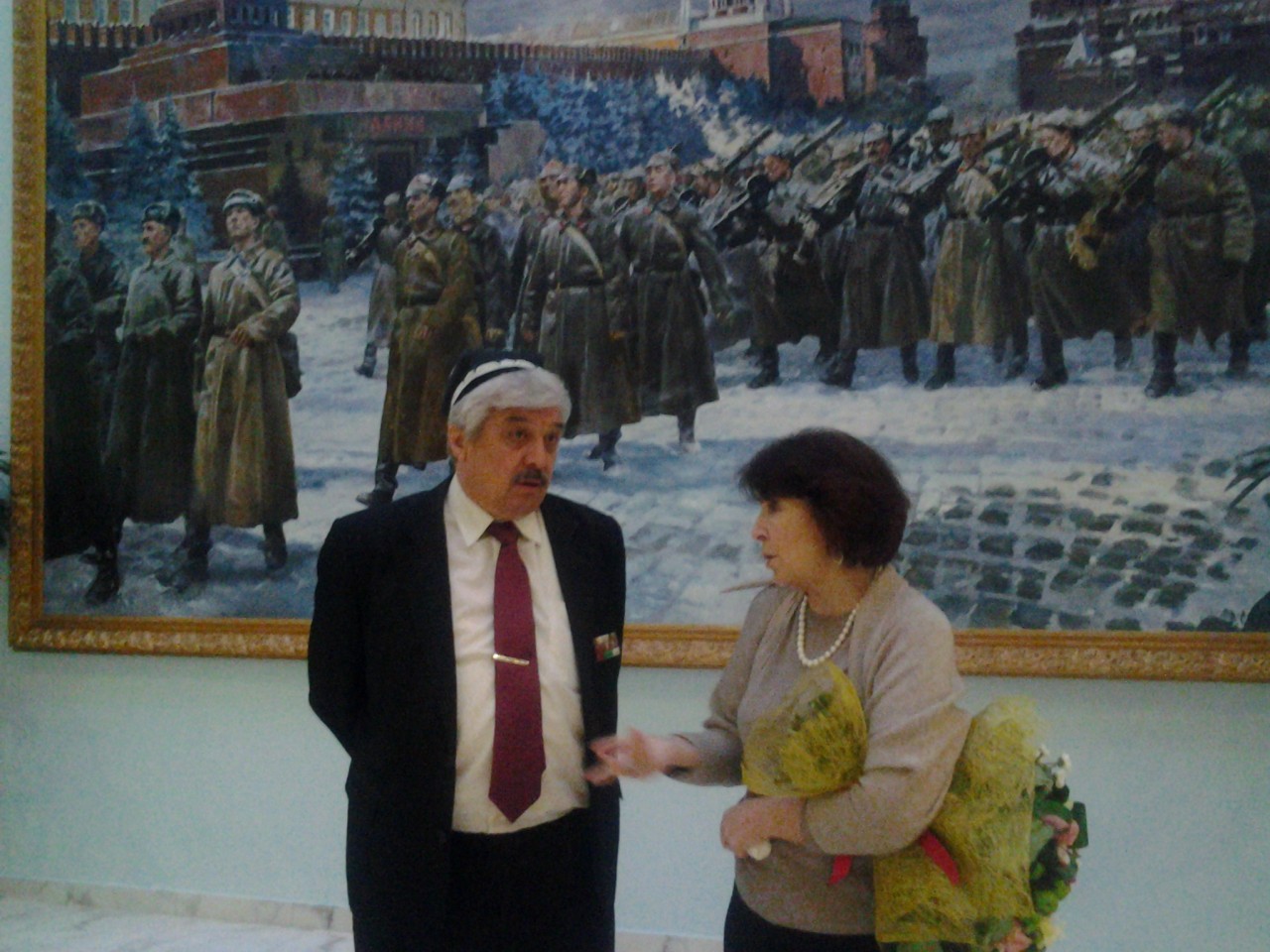
His other favorite topic is the distortion of history in order to convince his fellow countrymen that the inhabitants of Russia are in their debt. For example, on November 21, 2021, when Russia celebrated the anniversary of the Battle of Moscow, he recorded a stream from the Central Museum of Victory in the Great Patriotic War, during which he told a rather unexpected version of the feat of 28 Panfilov, saying "soldiers from Central Asia, stopping the fascists near Moscow, saved the capital!".
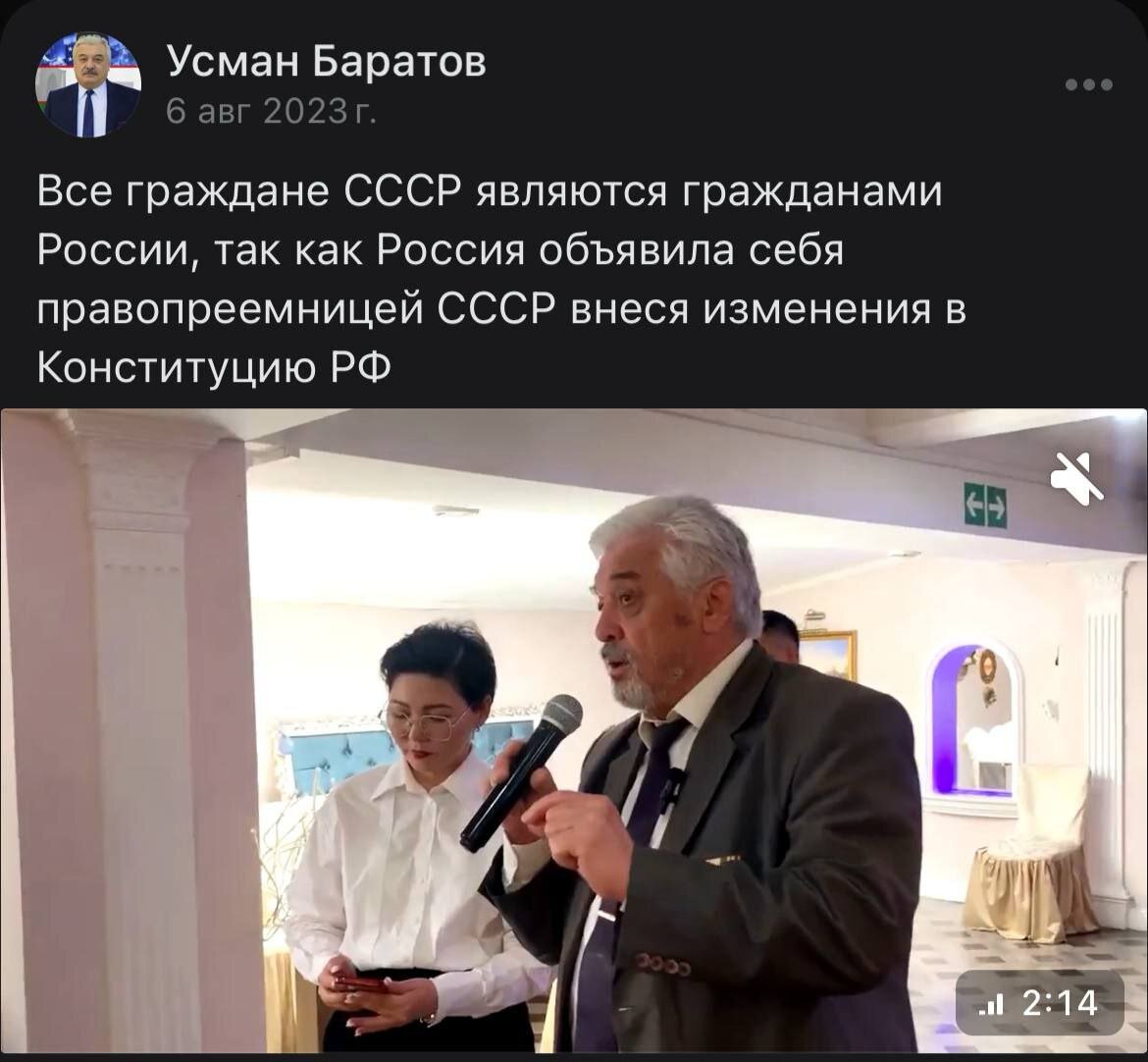
Moscow law enforcement officers have repeatedly heard from migrants detained for illegal actions that "Allah gave us Moscow because we built it." And now they will also claim that they protected her from the Nazis.
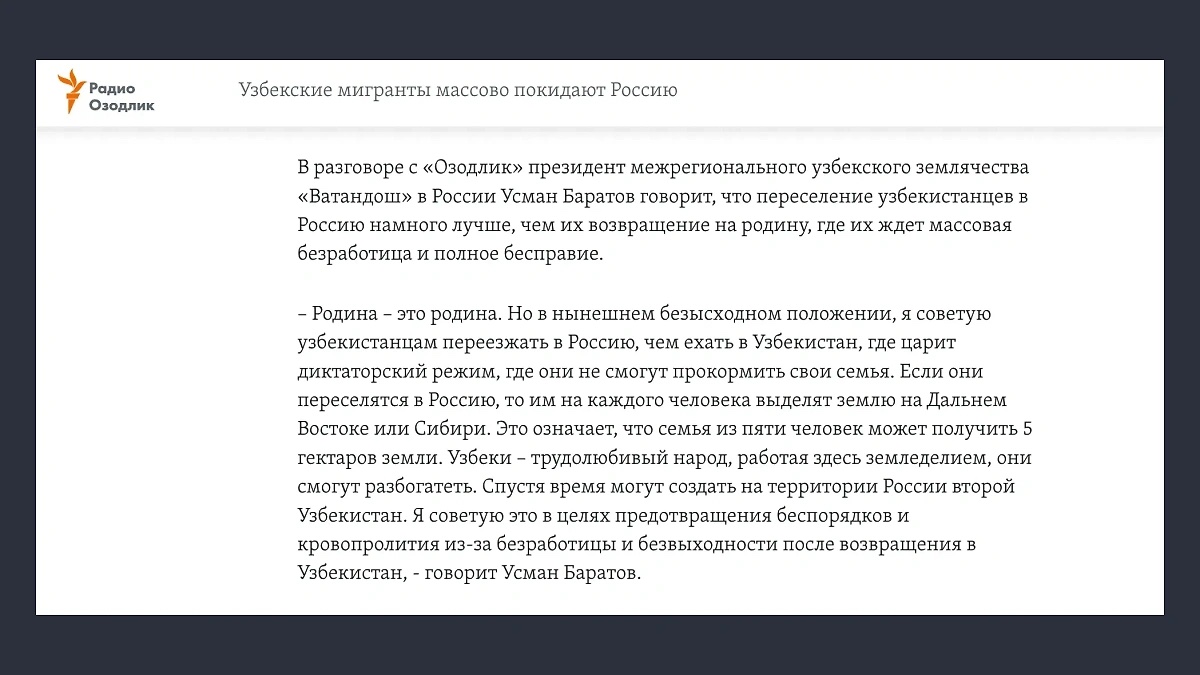
But perhaps the most incredible was Baratov's interview with the Moscow Speaks radio station on March 3, 2016, dedicated to the crime committed by his compatriot Gulchehra Bobokulova.
She worked in a Moscow family as a nanny for a 4-year-old girl. On the morning of February 29, 2016, when the parents left for work, she cut off the child's head and set fire to the apartment. Then, she went out to the metro station, and waving a child's head, shouted Islamist slogans.
Baratov initially announced that he was not going to justify Bobokulova, and immediately began to do so.
So he said that the killer probably just wasn't paid: "I probably haven't received a salary for 3-4 months, maybe. I came and told my friends. Someone said, come on, take revenge like this." In addition, he linked the crime to the counter-terrorism operation of the Russian Armed Forces in Syria.
"And in general, this case — I would not say that it is a private one. I expected that there would be some case in the near future, as the bombing began, the so-called targeted bombing in Syria with the full power of our native Russian aviation, even from the Volga region, from Engels, ships are firing missiles from the Caspian Sea, that there will be retaliatory measures. In our country, the head of the FSB of Russia said that a certain number, somewhere, in my opinion, 2,000 Russian citizens are fighting. I'm not even talking about the citizens of the CIS countries, our former fellow citizens. Naturally, they probably won't be silent, there will be some retaliatory measures of revenge. Let's remember the twin Towers in New York. I expected... but I did not expect that there would be such a terrible case," the head of the diaspora said.
A little earlier, a fragment of an interrogation appeared on YouTube, in which the killer explained the beheading of a pupil as revenge for the Russian bombing of terrorists in Syria, and Baratov decided to voice this narrative. He even stood in solidarity with Bobokulova, condemning Russia for fighting terrorism, saying that bombing attacks on jihadists forced Gulchehra to commit murder.
"And I would like to compare the same thing with these so-called point bombardments. I am critical of these bombings here. Based on this parable that I told you, it was possible to bomb these points with leaflets for, say, 40 days before throwing bombs," he said.
It is also noteworthy that he immediately enrolled all the people whose Babkulova's crime caused quite legitimate indignation as "extremists": "This is a particularly tragic case. I tell you, I'm afraid that the Nazis, fascists and other elements will not take advantage of this, unfortunately. Which is what started three days ago now."
It is easy to see that the above-mentioned speech of the mock provocateur contains actions that can be interpreted as a "public justification of terrorism" (Criminal Code Article 205.2.). However, then for some reason he did not come into the field of vision of Russian law enforcement agencies. Perhaps because the authorities preferred to extinguish the situation as much as possible in order to prevent interethnic tension.
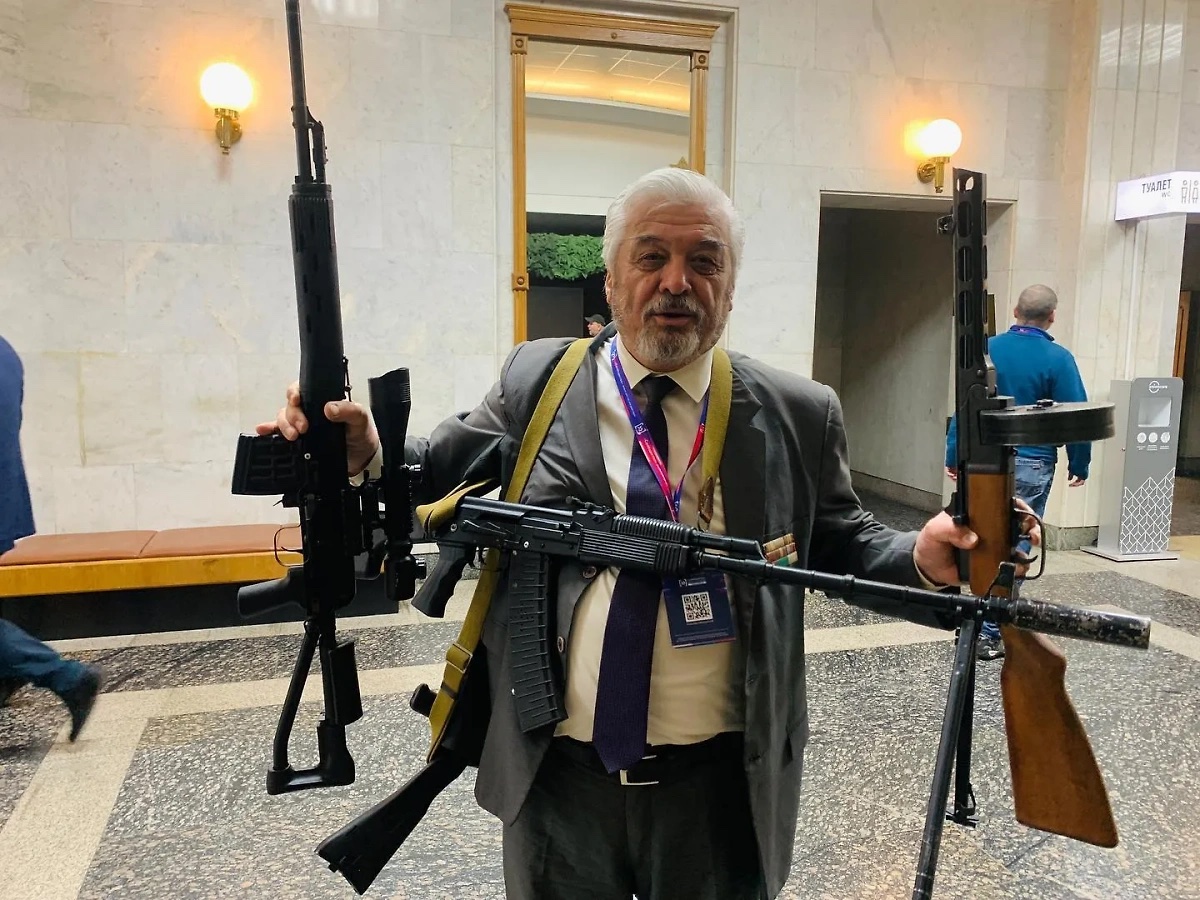
But, as it turned out, Baratov is only engaged in inciting interethnic hostility with the help of various kinds of information provocations. Why is he doing this? It is likely that this activity is stimulated by grants (this remains to be determined by the investigation). This is hinted at by his active participation in such liberal structures as Yabloko, wh ere he headed the anti-xenophobia unit, and then in the Party of Growth.
It should be noted that for the leadership of a number of diasporas, interethnic hostility is a breeding ground, since it allows them to act as intermediaries, or, more precisely, "resolvers". On Baratov's social media pages, you can find comments like the one left by a user under the nickname ikarone3: "I have about 10 friends who wanted your help, you don't even really get in touch. We know your prices!"
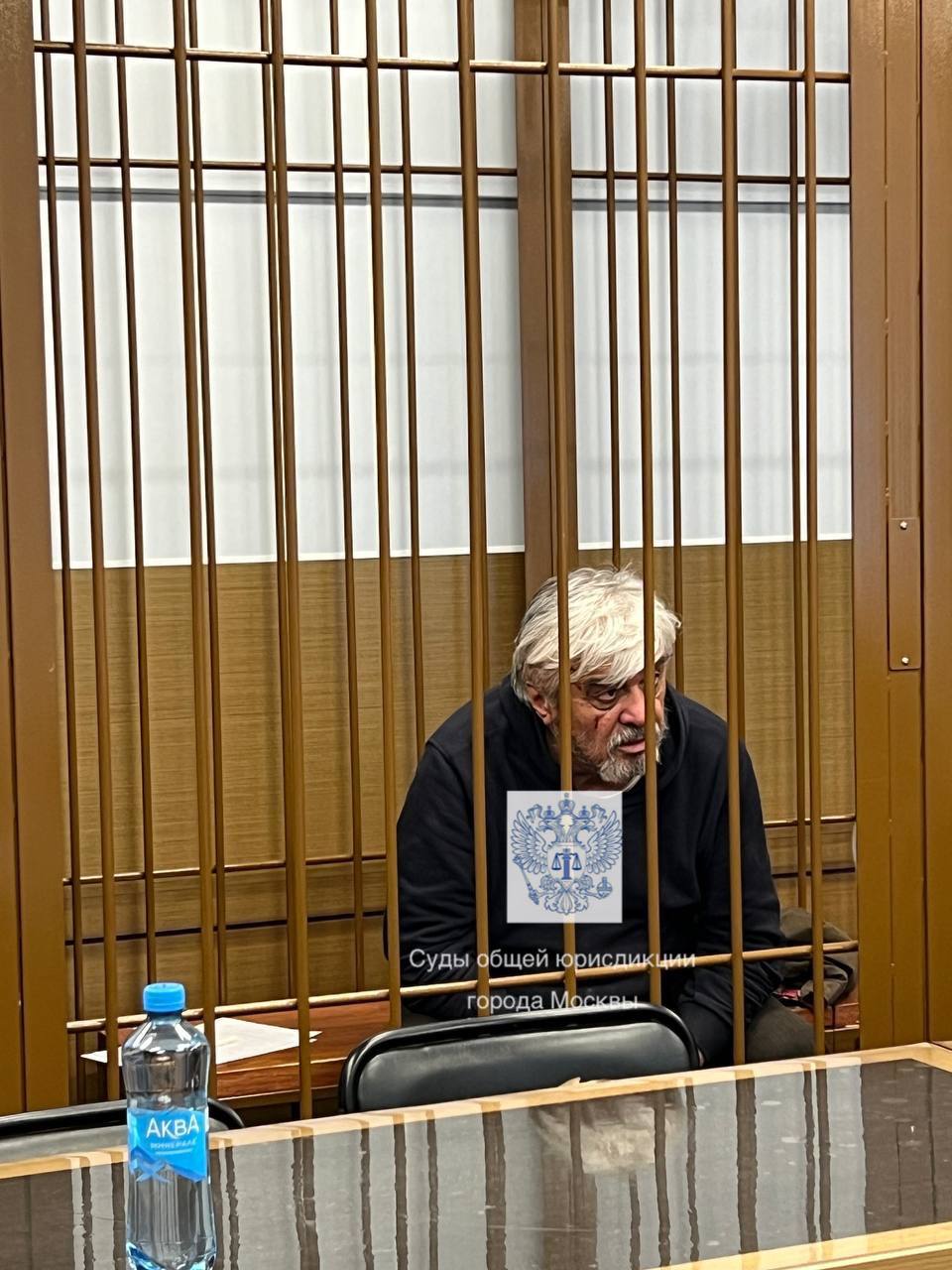
Only a part of Baratov's "achievements" is listed here, and the investigation will significantly expand their list. "The comrade refused to make a public apology and said that he was ready to rot in the casemates, but he would not apologize, since he was a man, an aksakal and firm in his beliefs. He is deliberately rude during the interrogation, claims that the matter will not go beyond a fine, and he will still show the Russians and, in particular, the investigators that they are very wrong, and in vain they did not ignore his reproaches. I really want to see what his patrons look like and whose name he threatens. Oleg, a political strategist on a federal scale, does not answer the phone yet. Although he has already received a call from the lawyer of this Uzbek prisoner of justice," Tsargrad quotes its source in law enforcement agencies on January 19, 2024.




